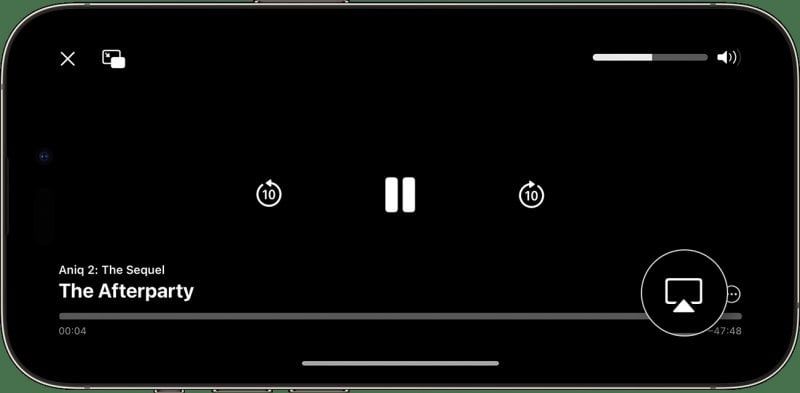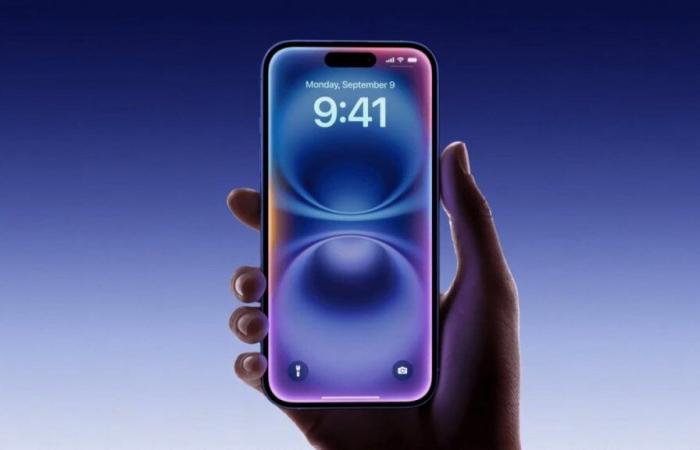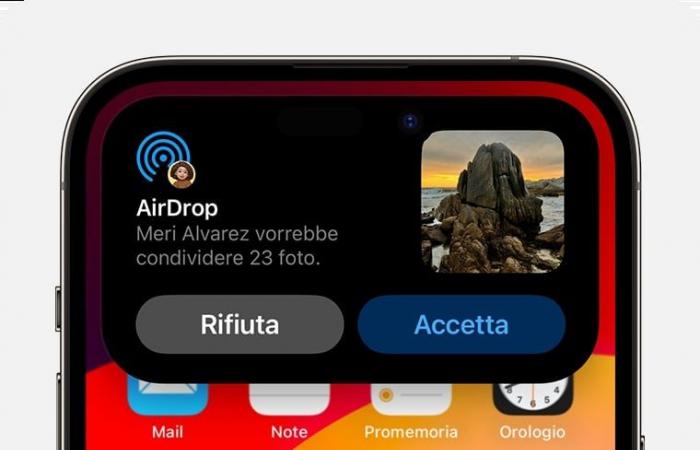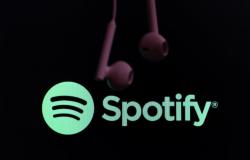The European Commission, as part of the Digital Markets Act (DMA), has decided to intervene on some of the most exclusive features of the Apple ecosystem. AirDrop, used for wireless file transfer, and AirPlay, dedicated to audio and video streaming, will have to be made compatible with third-party devices. iOS and iPadOS, classified as “gatekeeper” systems, have been identified as platforms that need openness to ensure greater competition and interoperability.
The technical requirements for AirDrop and AirPlay
Per AirDrop, the EU requires that external devices can communicate with Apple devices without any limitations. This includes including third-party devices in the “Share Sheet” feature and supporting “Everyone” and “Contacts Only” modes. Regarding AirPlay, non-Apple devices will need to be able to function as both transmitters and receivers of audio, video and screen mirroring content, maintaining the same quality and speed as native Apple devices. Apple will also have to provide detailed documentation on the protocols used, ensuring that third-party devices can handle DRM-protected content without restrictions.
According to the Commission's indications, Apple will have until the next major release of iOS to begin implementing these changes. The entire interoperability process must be completed by the end of 2025, making these technologies also available for external manufacturers.
Apple's objections: privacy and innovation at risk
Apple responded to the European request by underlining the risks related to privacy and security. According to the company, allowing access to such advanced features could expose user data to lower protection standards adopted by third-party manufacturers. Furthermore, Apple fears that these measures could reduce incentives for innovation, forcing the sharing of proprietary technologies with competitors.

Among the companies that would benefit from these new rules, Apple mentioned Meta as a problematic example. Zuckerberg's company would have requested direct access to technologies such as iMessage, CarPlay and App Intents, raising further concerns about the management of sensitive user data. Despite Cupertino's resistance, the European Union seems determined to promote a more open and competitive digital ecosystemmarking a change of direction for closed platforms like those of Apple.








